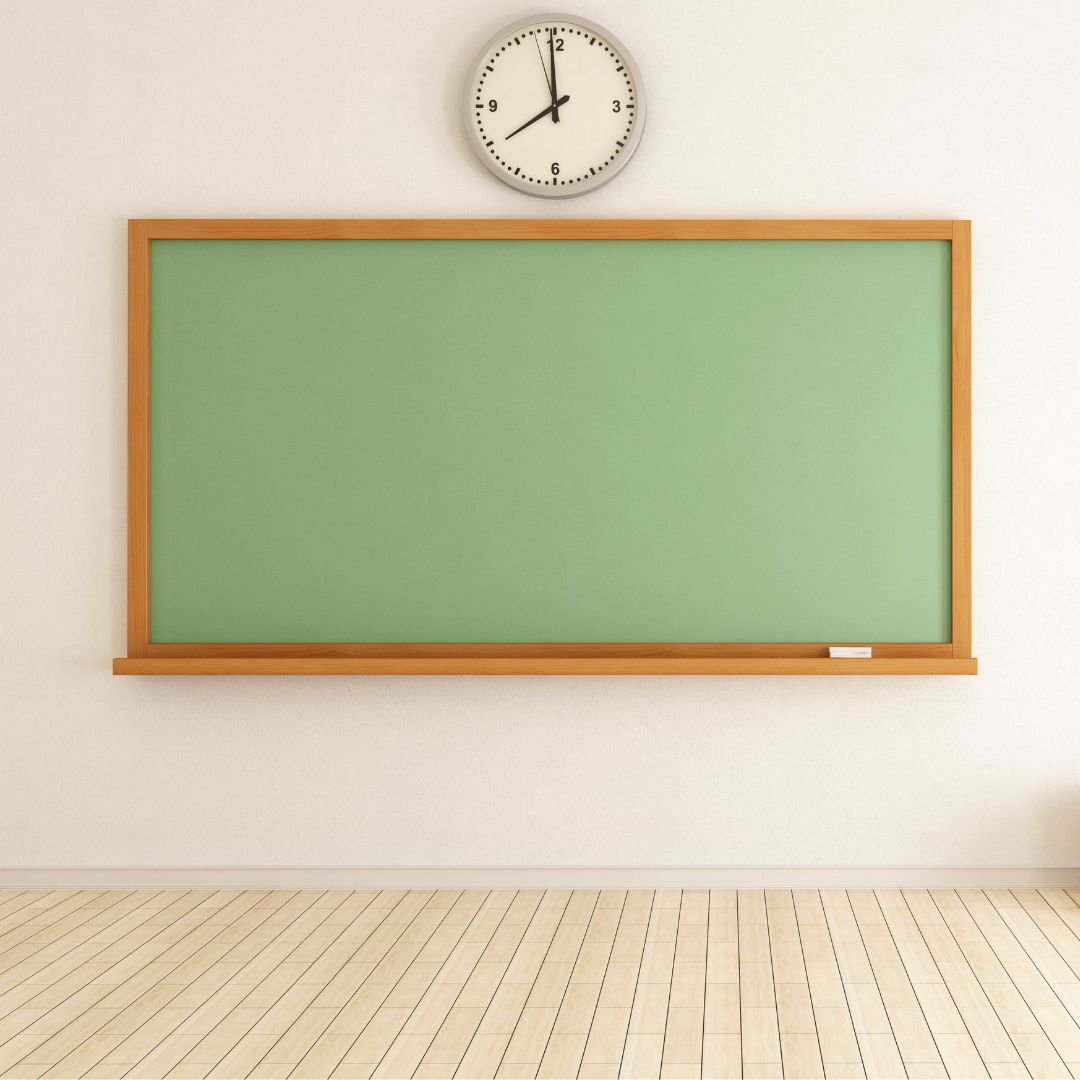Over the past few months, we have been sharing lots of tools we can use to improve your child’s confidence. Let’s face it: we all want to raise amazing kids who KNOW they are amazing!
The truth is when you’re raising a child with ADHD, or anxiety, or learning differences… it can feel absolutely defeating when they speak negatively about themselves. Research has shown that children who learn differently often have lower self-esteem than their peers. They also receive more negative feedback than their peers, and it quickly becomes a cycle.
The good news: there are ways we can help!
You don’t have to be a psychologist or a speech language pathologist to improve your child’s confidence! Keep these simple tips in mind to help grow your child’s self-esteem:
1. Set reasonable expectations.
A child cannot (consistently) do something well that is outside of their developmental skill level. When children are presented with tasks day after day that are outside their skill level, they are left with few opportunities to do things well, and this can wear on self-esteem. Give your child ample opportunities to engage in tasks that are within their skill level.
In real life: If your child doesn’t yet know how to clean their entire room independently, don’t ask them to do this all by themselves! You can break down the tasks (making the bed, picking up clothes, putting books on the shelf, etc.) and have your child do one thing really well. Once that becomes “easy” for them, you can add another task.
2. Expect normal variations.
As adults, we are generally able to extended grace to one another on “off” days. Extend to your child the same grace and encourage them that tomorrow is another opportunity to learn and grow.
In real life: Some days, your child just seems more irritable than usual… this happens to my (Katie’s) kids when they don’t get enough sleep… they get it from me! On those days, consider lowering the expectations a bit. This may be a day for more relaxed play time, or extra hugs. When we normalize these changes in our mood, kids learn that there is room for all of the feelings.

3. Don’t expect perfection.
This all comes back to fostering that growth mindset we love so much. Help your child embrace mistakes by celebrating mistakes as learning opportunities and sharing your own mistakes, as well!
In real life: It can be helpful to have a family mantra about making mistakes. Here is a list of some of our favorites for back-to-school (but really, these are great anytime!) When your child makes a mistake, or has a hard day, you can remind them of this mantra. It won’t be long before they are saying it to themselves!
4. Focus on building strengths to improve your child’s confidence.
When our focus shifts to fostering a child’s strengths, our children become more resilient, more hopeful, and more confident. These positive experiences are used to catalyze learning for those tasks that are more difficult.
In real life: Find the things your child is good at. I (Katie) grew up in a very musical family, and I learned to play piano and read music before I could read words. On the other hand, my husband is very athletic and coordinated. Right now, our kids are very young so we are exposing them to different activities. As they begin to show strengths in certain areas (or a passion for a specific activity), we will make sure to give them lots of opportunities in that area.
One last thing to consider: Your words REALLY matter.
Peggy O’Mara says “The way we talk to our children becomes their inner voice.” That is such a powerful statement!
Check out these ideas for encouraging words you can share with your child, to help them build their self-esteem.
Do you have another phrase you like to use to encourage your child? Let us know below!
And if you are really looking to build connection, we have an entire module to help you improve your child’s confidence in our ADHD parenting course, Creating Calm. We would love to have you join us… you can learn from anywhere, at a time that works for you. No babysitter required!
Have a beautiful week,
Katie







Hello, great post. I was unable to click on the other ideas or examples of mantras mentioned in the post. Thanks!
Thank you for letting us know! I fixed the link in the blog post, and here is the link as well: https://www.instagram.com/p/CDrLyq1B-lO/